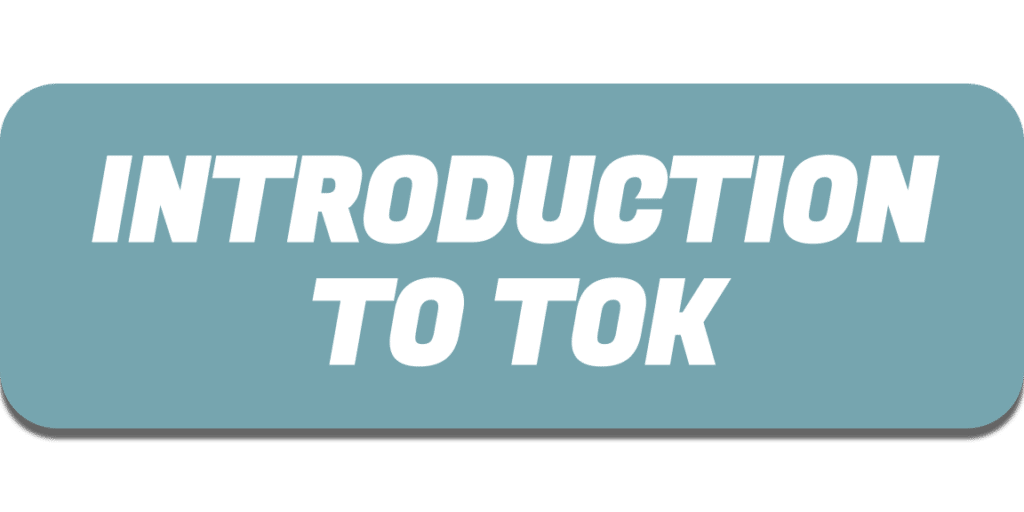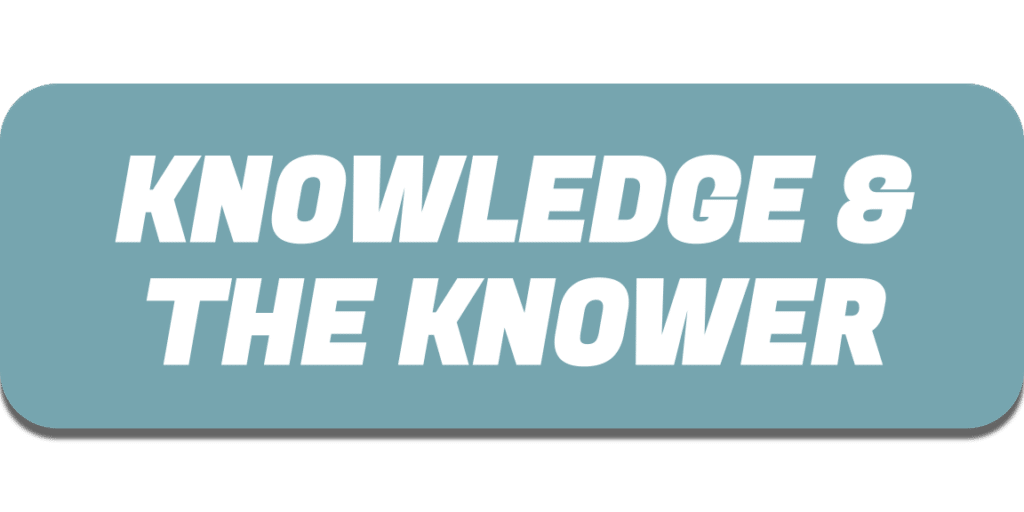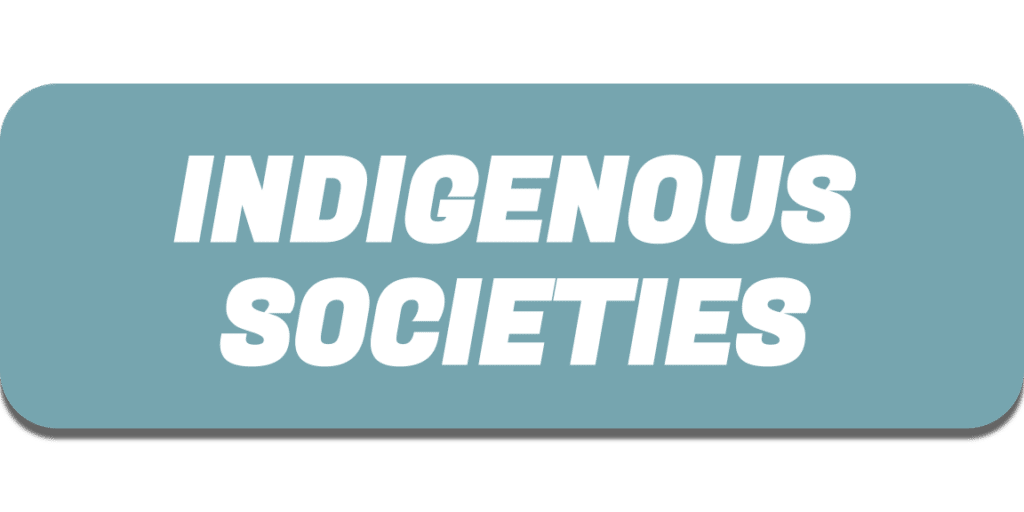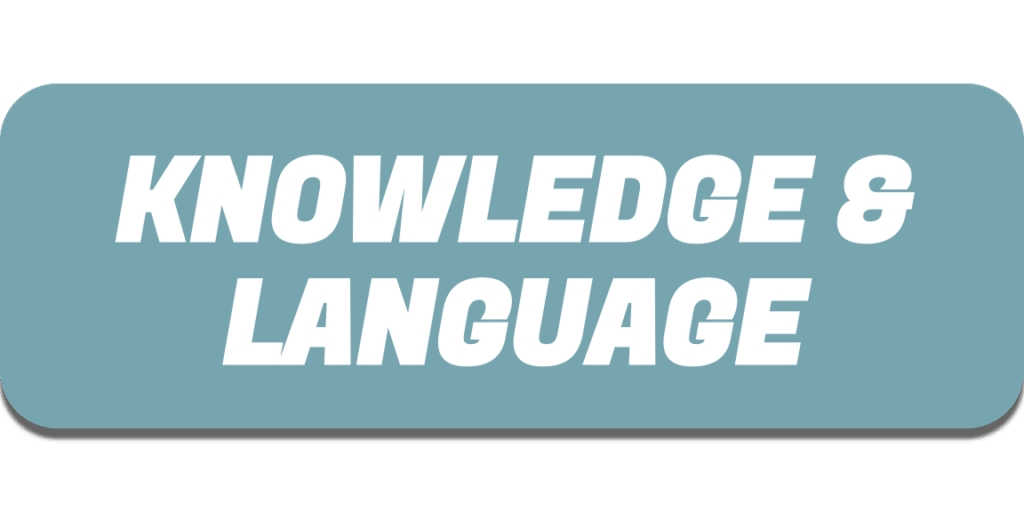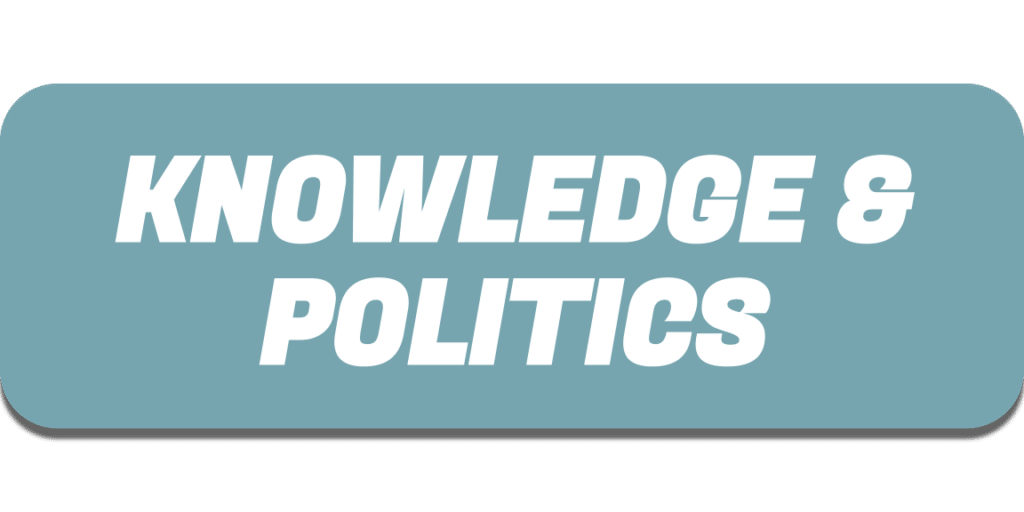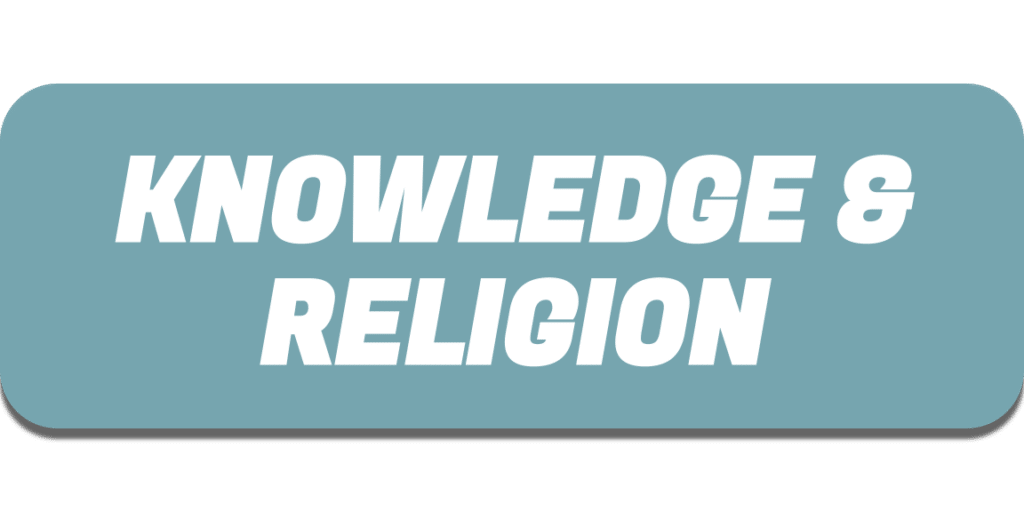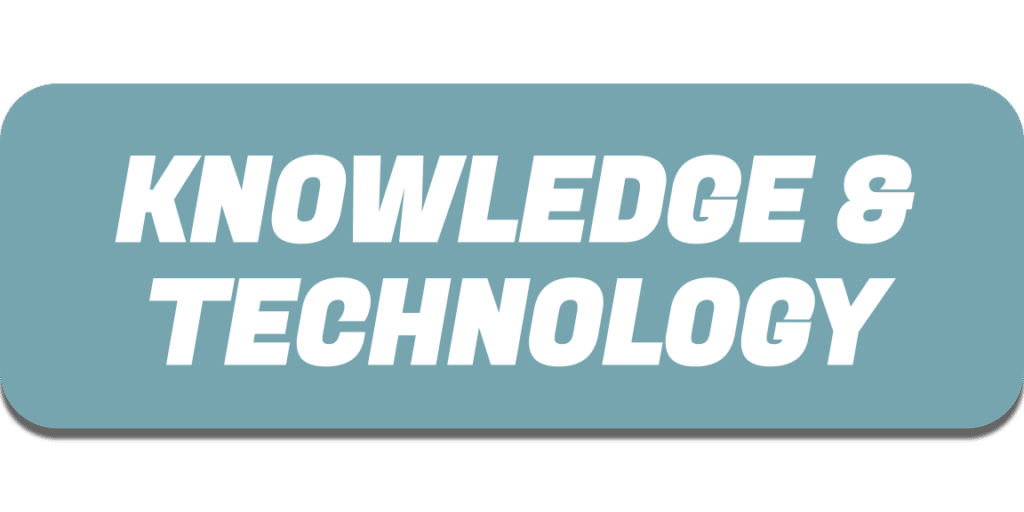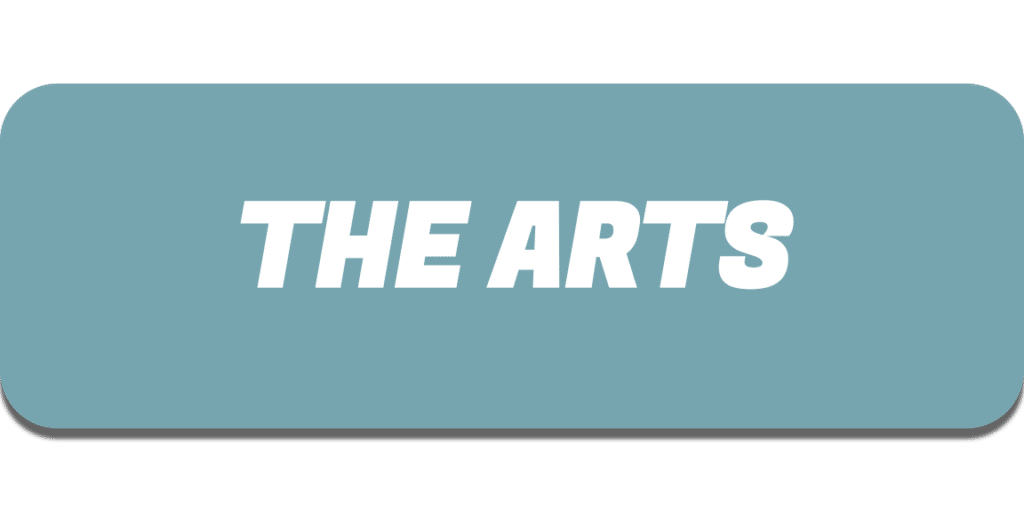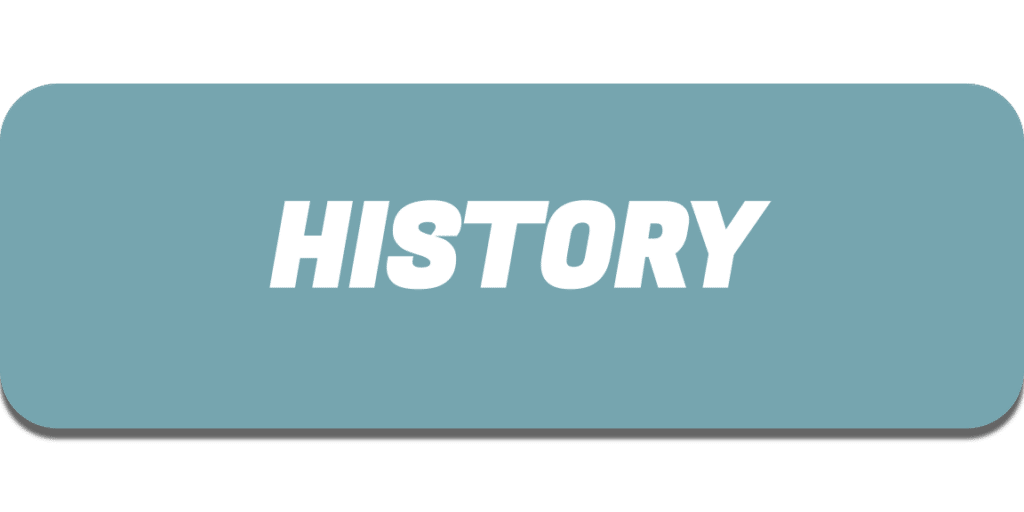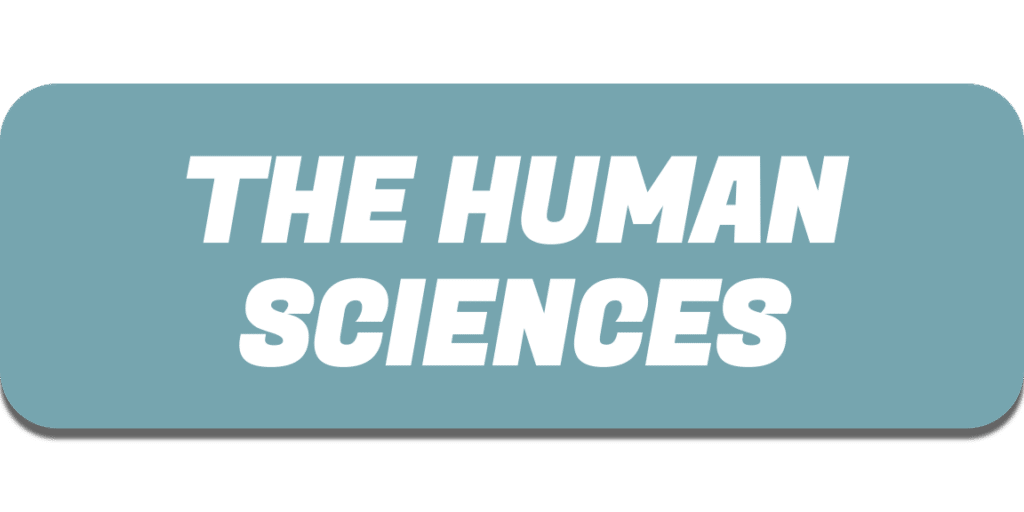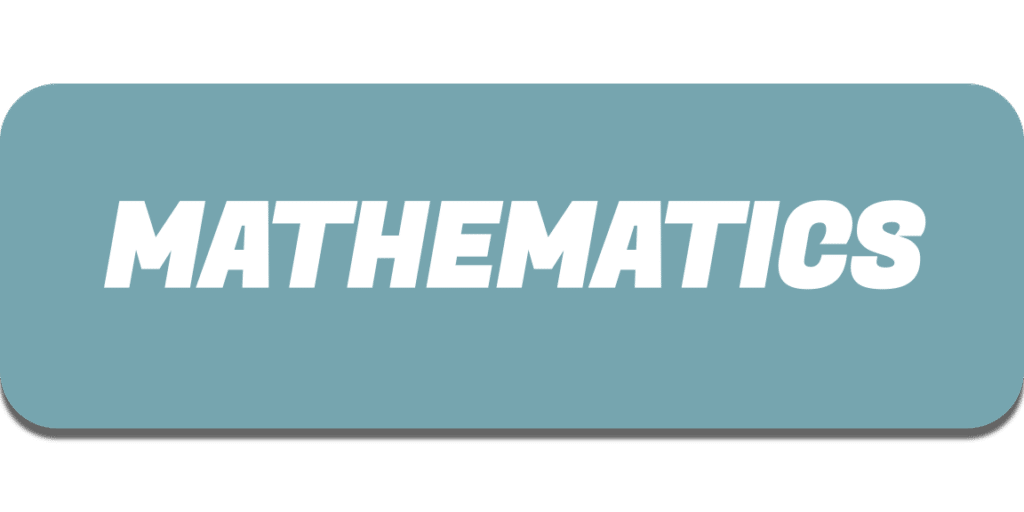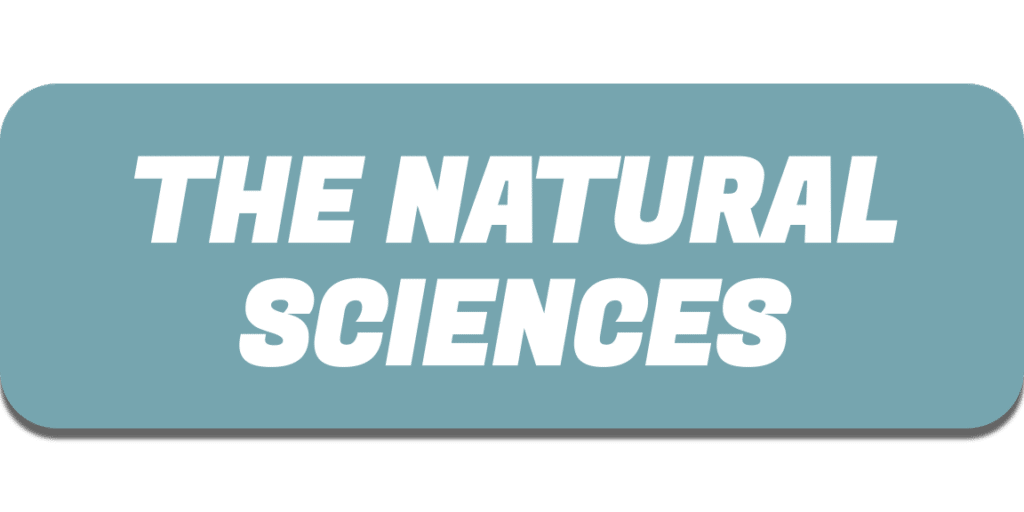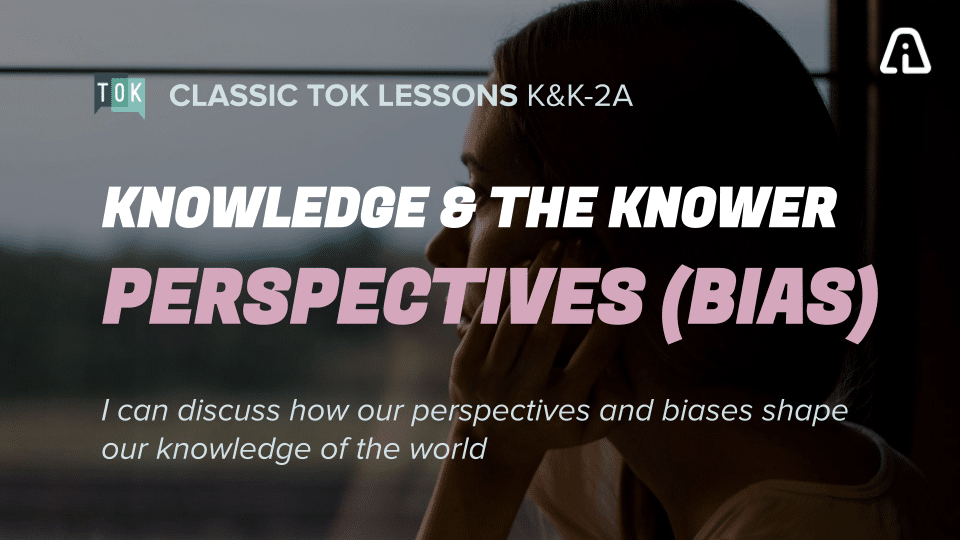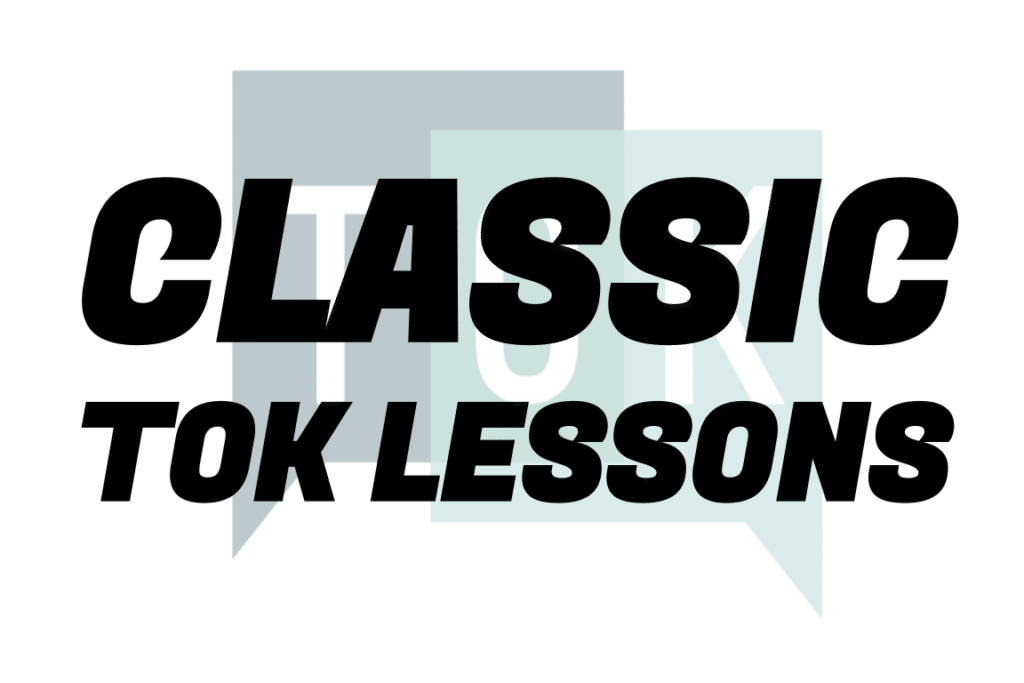
Our classic TOK lessons comprise an extensive range of classroom-ready presentations that enable you to deliver the course directly via the core and optional themes, and the areas of knowledge.
We are in the process of updating all the lessons for the 24-25 academic year (planned completion date – July 2024), adding new real-world situations, and more activities inviting students to think about the relationship between AI tools and knowledge.
Links to the classic lessons
Click on the buttons below to take you to the classic TOK lessons. Remember that our TOK mini-lessons are also arranged via area of knowledge and theme, so you can also use these to deliver the course in the ‘classic’ way.
Download these free sample classic TOK resources!
To access the classic TOK lessons, become a faculty member of the site. You can see our approach by downloading the free sample lessons below.
We have updated every single classic lesson for the 2023-24 academic year to ensure they are driven by the latest real-life events and issues, and have added extensive content linking ChatGPT to the acquisition of knowledge, so that students learn how to use AI-tools in an effective and ethical way.
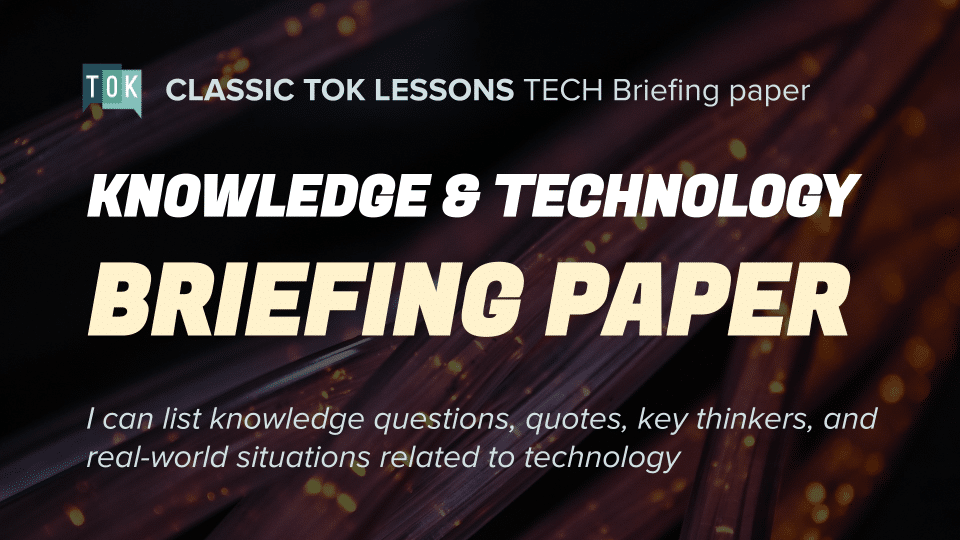
Download a sample briefing paper (for technology), giving students a quick overview of this aspect of the course, and helping them to anchor their understanding.
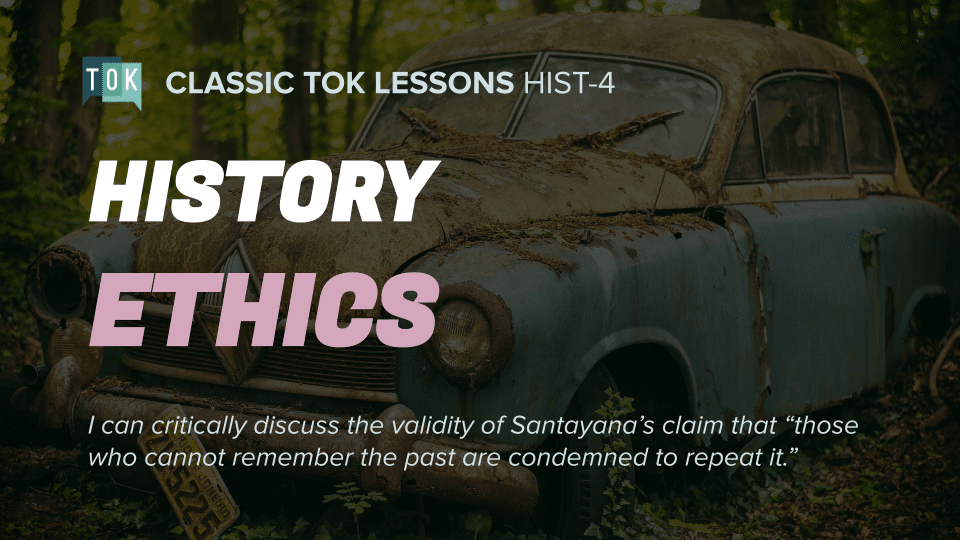
Download a sample ethics lesson, helping students to evaluate whether we are capable of learning from history, and moving our morality forwards.
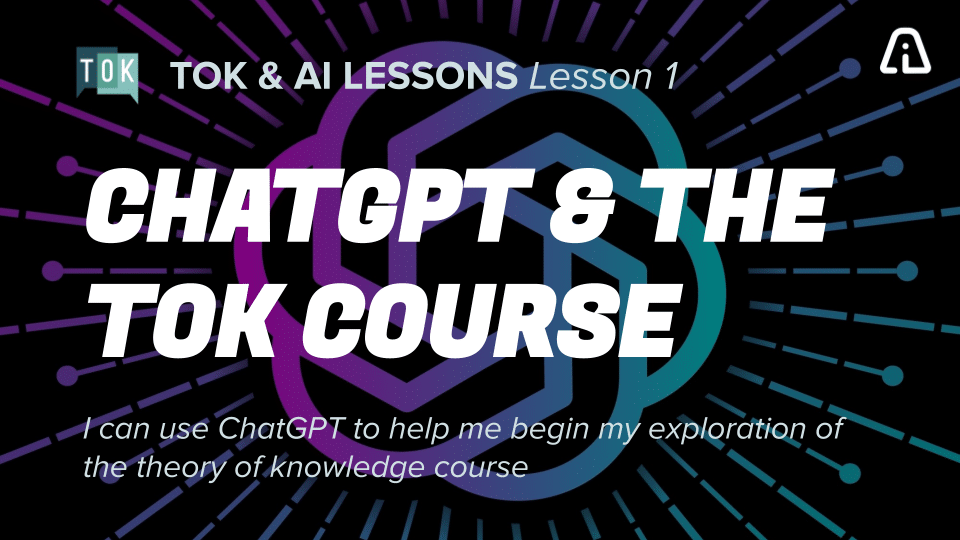
Download a sample introduction to TOK lesson, looking at the relationship between ChatGPT and knowledge, and how we can use AI tools effectively and ethically.
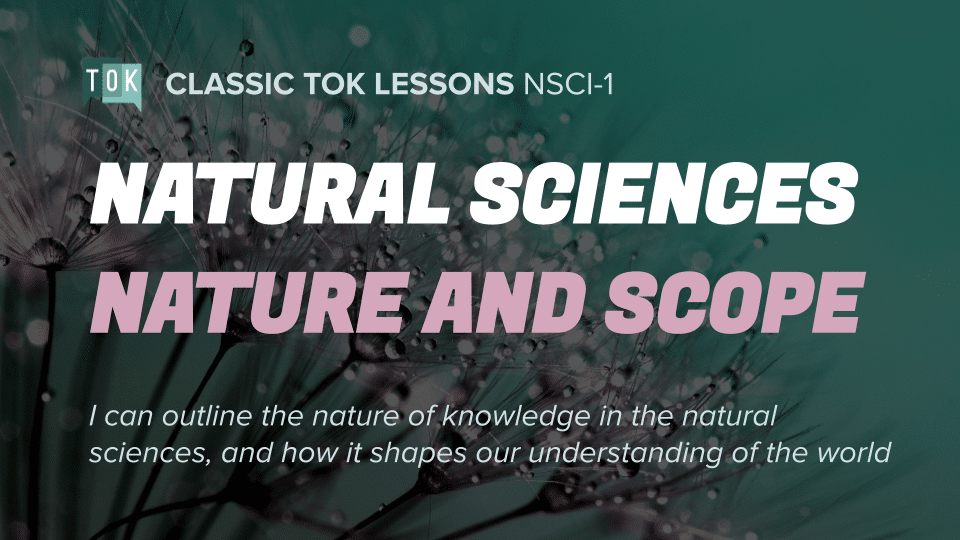
Download a sample nature and scope lesson, inviting students to consider and modify their initial thoughts on the nature of the natural sciences.
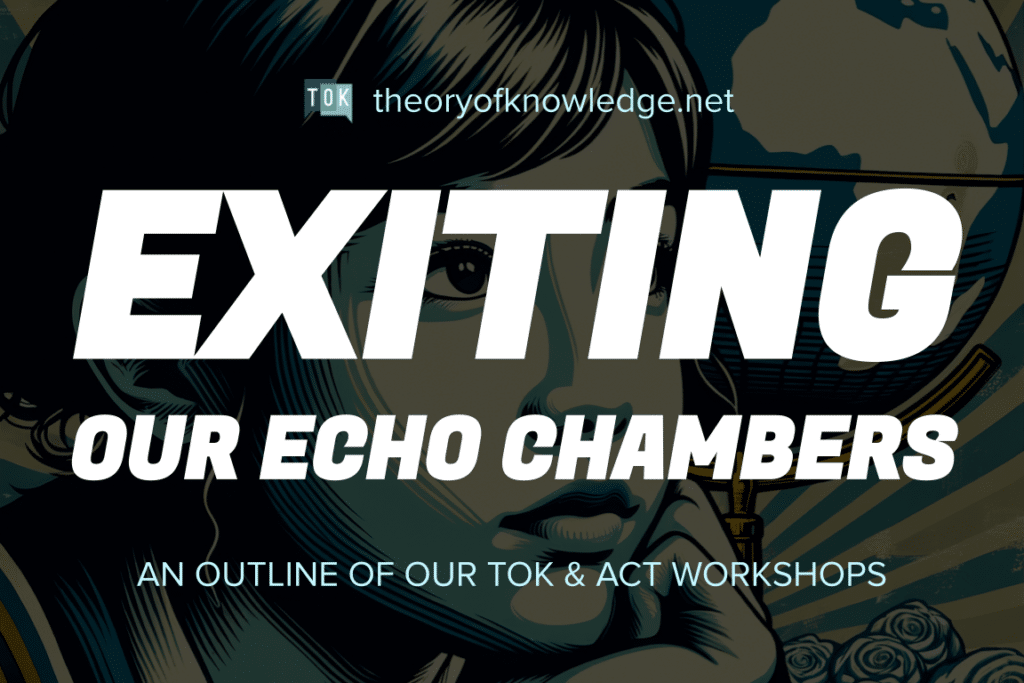
Help your learners to exit their echo chambers!
Our online and in-person workshops offer the usual support for students writing the essay and exhibition, and TOK departments designing great courses.
But our training sessions go much further than this: by focusing on authentic critical thinking, they demonstrate how to help learners confront, rather than confirm, their biases and assumptions, and exit their echo chambers. This makes them accessible and relevant for all teachers, whatever their subject or programme. Read more here.
